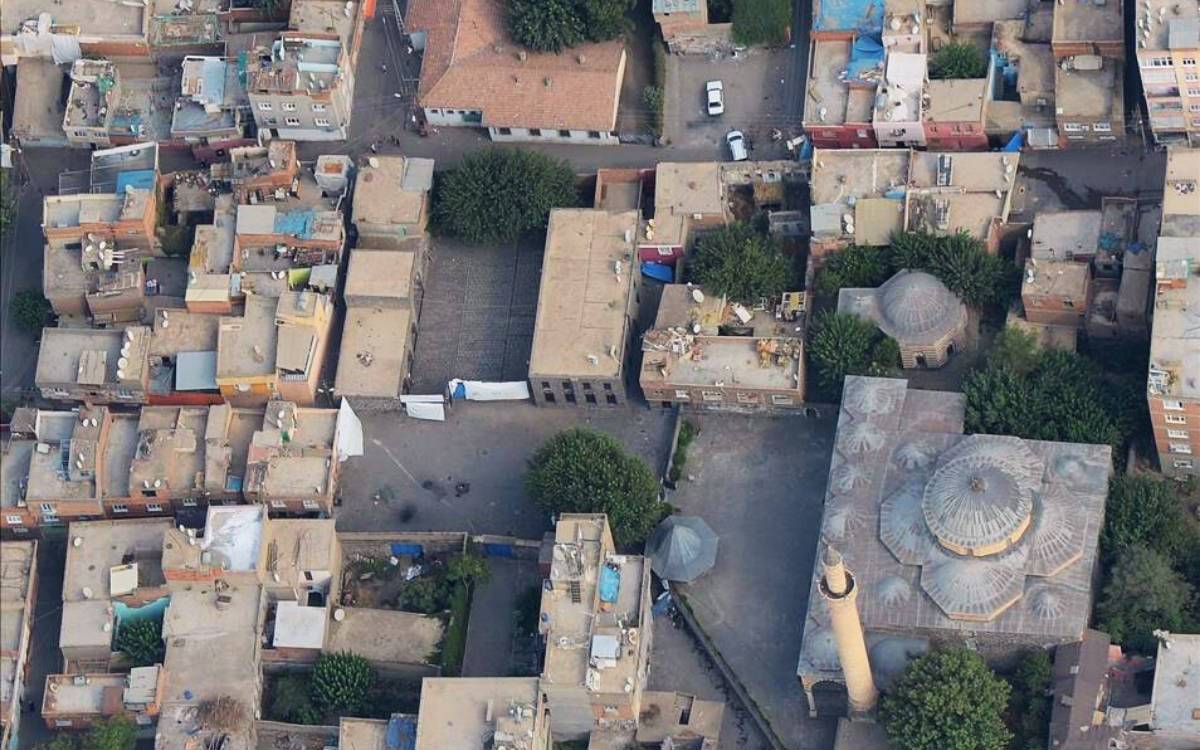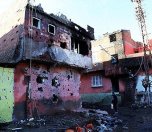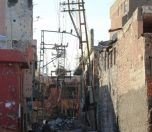MP calls for investigation into post-conflict displacement in Diyarbakır's Sur


Ceylan Akça-Cupolo, an MP from the Peoples’ Equality and Democracy (DEM) Party representing Diyarbakır, has submitted a parliamentary inquiry to investigate the extensive damages caused by the 2016 expropriation decision in the city’s Sur district.
This area, known for its rich historical and cultural heritage, has seen significant destruction following a Cabinet decision that resulted in the expropriation of 82% of the district. The district was among several other locations across the country’s Kurdish-populated regions that saw urban conflict in 2015-16, following the collapse of a peace process.
After the conflict ended, the government initiated a wide scale urban transformation campaign to rebuild Sur, but critics argue that it undermined the rights of the local residents.

Sur in name only: How post-conflict reconstruction is changing Diyarbakır
Undervalued properties
In her motion, Akça-Cupolo highlighted several key issues:
Wide-Scale Expropriation: The initial decision for urgent expropriation in Diyarbakır encompassed all neighborhoods and registered structures within Sur district. This decision, approved by the then Ministry of Environment and Urban Planning on March 21, 2016, affected approximately 50,000 residents and numerous historical and cultural landmarks.
Lack of consultation: The expropriation decision was made without consulting property owners, local residents, civil society organizations, professional associations, local governments, or the UNESCO Site Management, despite the area's designation as a UNESCO World Heritage Site in 2015. The district hosts 448 civilian and 147 monumental structures within the Diyarbakır Fortress and Hevsel Gardens Cultural Landscape.
Questionable justification: The justification for the expropriation was based on the area being labeled as "risky," a rationale Akça-Cupolo deems fraudulent. She argues that this label was used to avoid accountability and scrutiny.
Undervalued properties: Properties in the historic Suriçi area, valued at approximately 15 million liras, were undervalued at 100,000-200,000 liras. Residents who refused these offers were forced into high debt for new housing units in outer districts or newly constructed housing complexes. Completed homes and businesses were sold at public auction to investors by Emlak Yönetim Hizmetleri ve Ticari A.Ş.
Forced displacement: Tens of thousands of residents were abruptly informed that their structurally sound homes had been expropriated, forcing them to relocate. Many of these families had previously been displaced during the village burnings in the 1990s and had resettled in Sur's neighborhoods, only to face forced eviction once again. (TY/VK)






